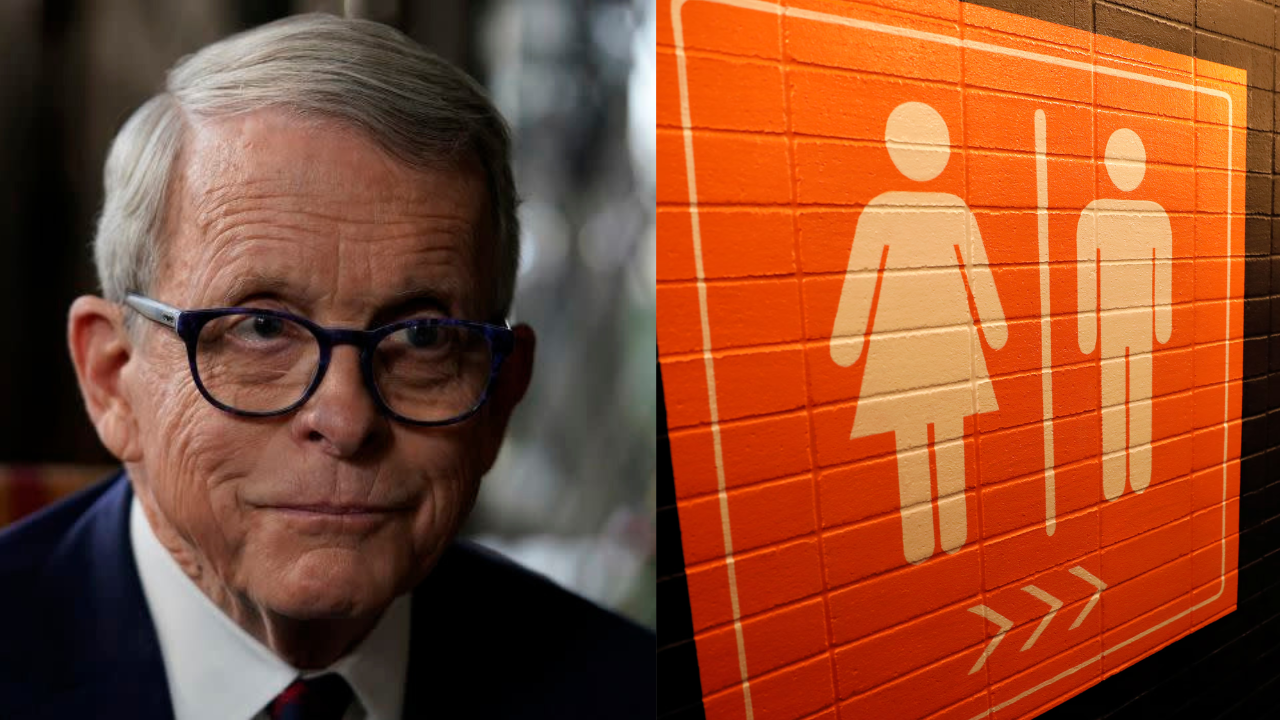ARTICLE AD BOX
Supporting both the Jewish state and international law is becoming increasingly difficult, the bloc’s chief diplomat says
Members of the EU are divided over the war in Gaza, as the goal of upholding international law appears to clash with support for Israel, the bloc’s security and foreign policy chief, Josep Borrell, has said.
Last Friday, the International Court of Justice (ICJ) ordered Israel to halt its military offensive in the Gazan city of Rafah, where over a million people are currently living in severely overcrowded conditions.
While addressing a European University Institute event on the same day in Florence, Borrell mentioned the ruling by the Hague-based court, calling it a divisive issue for the EU.
“We will have to choose between our support to the international institutions and the rule of law or our support for Israel,” he said, adding that making the two “compatible” will be difficult.
The EU resoundingly condemned the Hamas incursion into Israel last October and recognizes the Jewish state’s right to defend itself, but “this right to defend has to be implemented in accordance with International law”, Borrell stressed. “The question is: does it happen? And if it doesn’t happen, what to do?”
Read more Israel claims deadly strike on Rafah was justified
Israel claims deadly strike on Rafah was justified
On Sunday the Israel Defense Forces bombarded the Tel Al-Sultan neighborhood of Rafah, calling it a targeted strike on two leaders of the militant group Hamas. At least 35 people were reported killed in the strike.
The EU diplomat also said that all member states agree on the need to seek a two-state solution. He refuted the notion that recognition of Palestinian statehood is a “gift to Hamas” – after such accusations were leveled at Ireland, Norway and Spain, over their pledge last week to recognise Palestine.
Borrell called the criticism “completely unfounded,” as the Palestinian Authority rather than its rival Hamas serves as the “the nucleus” of a future Palestinian nation state. He maintained that “there is not a military solution to the conflict in the Middle East” and that diplomacy is required to break the “stalemate.” Otherwise “we will go from funerals to funerals, generations after generations,” he warned.
.png)
 6 months ago
2
6 months ago
2








 English (US)
English (US)